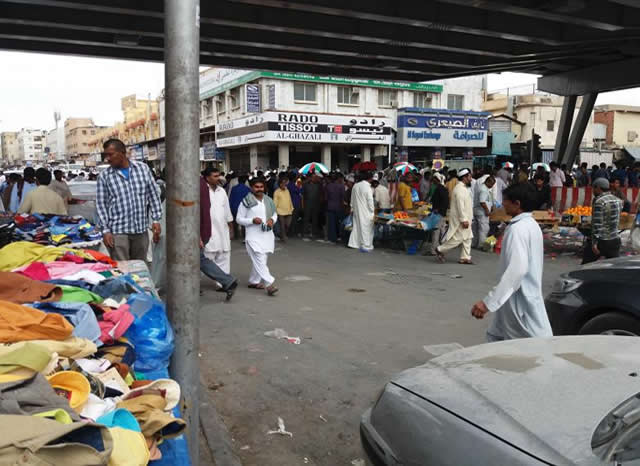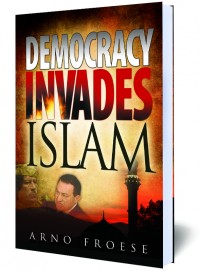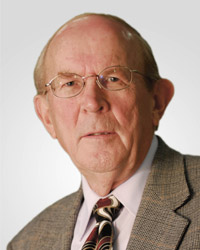
SAUDI ARABIA - Key Middleman in Global Conflicts
Less than five years ago, presidential candidate Joe Biden called the kingdom a “pariah,” and, even after significant reforms, rights groups say the authoritarian Gulf state still has an “abysmal” human rights record.
MBS, as he is widely known, is trying to transform Saudi Arabia’s image from the deeply conservative, oil-rich theocracy whose officials murdered the American-based Washington Post columnist Jamal Khashoggi in 2018 into a regional giant built on diplomacy, business, tourism, entertainment and sports.
The kingdom “is a more visible and energetic player on the world scene than it once was,” said Thomas Lippman, a nonresident scholar at the Middle East Institute, a Washington-based think tank.
Analysts also point out that Saudi Arabia, alongside so-called middle or swing powers, such as India, Brazil and South Africa, has been able to maintain its relationship with both the United States and China while being seen as aligned with either.
There have also been significant reforms in Saudi Arabia, including removing the requirement for women to wear headscarves in public and allowing them to drive and attend soccer match—the country plans to host the 2034 soccer World Cup.
In a report last year, the State Department said Saudi Arabia’s “significant human rights abuses” included “arbitrary or unlawful killings,” “extreme repression of peaceful dissent,” “torture” and “inhuman, or degrading treatment or punishment by government agents.”
-www.nbcnews.com, 10 March 2025
Arno's Commentary
While Saudi Arabia’s report card with respect to human rights is below average, the kingdom has money, and money talks. Bloomberg writes, “Saudia Arabia has $770 billion invested in the US,” and adds, “Relations with Washington will continue to flourish.”
Some changes have been made in the kingdom, such as allowing women to drive a car, and sometimes having the option of not covering their faces with a veil.
When it comes to Christians, Global Christian Relief states: “In North Korea, the distribution or possession of a Bible is a crime that can result in imprisonment or worse. Similarly, in Saudi Arabia, while the practice of non-Muslim religions is technically allowed in private, the importation and distribution of non-Islamic religious material, including Bibles, are strictly prohibited, reflecting stringent control over religious expression.”
To the question, “Is Christianity legal in Saudi Arabia?” Google summarizes: “While Saudi Arabia allows Christians to enter the country for work or tourism, the public practice of any religion other than Islam is prohibited.”
The Kingdom of Saudi Arabia was officially founded in 1932. According to the Bible Archaeology Report, during Bible times, the inhabitants were first called the Midianites (Genesis 37:28, 36).
Later, the Nabataeans—associated with their capital of Petra, located in the modern Kingdom of Jordan—ruled.
Regarding Mount Sinai, the Bible Archaeology Report states: “The children of Israel may have wandered throughout part of Saudi Arabia during their 40 years in the wilderness. Some have even suggested that Mt. Sinai is the mountain called Jabal al-Lawz in modern-day Saudi Arabia, although that doesn’t appear to be the case.”
Saudi Arabia is approximately 2,149,000 square kilometers (the USA approximately 9,833,000).
At the time of writing, the kingdom is progressing toward normal relations with the State of Israel.



